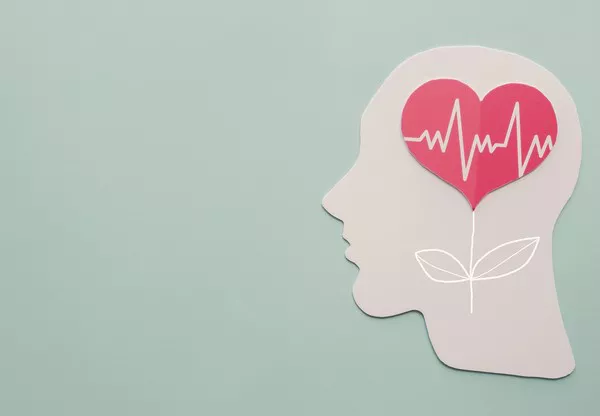A recent study conducted in Japan during the COVID-19 pandemic suggests that playing video games may positively impact mental health and life satisfaction. The research, published in Nature Human Behaviour, utilized a unique natural experiment created by the pandemic-induced shortage of major gaming consoles, including the Nintendo Switch and PlayStation 5 (PS5).
In 2020, Japanese retailers implemented a lottery system to allocate these high-demand consoles due to their limited availability. Researchers took advantage of this random allocation to investigate the effects of gaming on psychological well-being. The study surveyed nearly 98,000 individuals, including around 8,200 who participated in the lottery for the consoles.
The findings revealed that obtaining a gaming console significantly reduced psychological distress and enhanced life satisfaction among participants. Gamers reported improvements in their overall mental well-being, suggesting a “minor but perceptible” positive effect, according to Nick Ballou, a postdoctoral researcher at the Oxford Internet Institute, who was not involved in the study.
However, Ballou noted that the pandemic’s context—marked by widespread mental health challenges and reduced social interactions—could have influenced the results. His own research supports the idea that games provided a crucial coping mechanism during the pandemic.
The study also highlighted differences in the impact of the consoles. Ownership of the PS5 had a more substantial effect on boys and men, as well as “hardcore gamers,” while the Nintendo Switch showed slight advantages for girls and women, and individuals who had not previously engaged in gaming.
“This suggests intriguing questions about how different gaming products affect users differently,” said Mike Cook, a senior lecturer in computer science at King’s College London, who was not involved in the research.
Despite the potential benefits highlighted by this study, video games have long been a source of concern. In 2018, the World Health Organization (WHO) classified gaming disorder as a clinical syndrome characterized by excessive gaming that impairs daily functioning and relationships. The National Health Service (NHS) in the United Kingdom has a dedicated clinic for gaming disorders, which referred 745 individuals between October 2019 and March 2023.
While concerns about gaming addiction persist, including debates over the effects on mental well-being, aggression, and cognitive function, the new study contributes to a more nuanced understanding of gaming. It helps distinguish between those who benefit from gaming and those who may experience negative consequences.
“Although vilification of games persists, the conversation is evolving to recognize that, for most people, the benefits generally outweigh the drawbacks,” Ballou commented. “However, it’s clear that some individuals do face challenges.”
This study marks a step towards a more balanced view of video games, acknowledging their potential to enhance mental health while continuing to address and mitigate the risks associated with gaming addiction.

